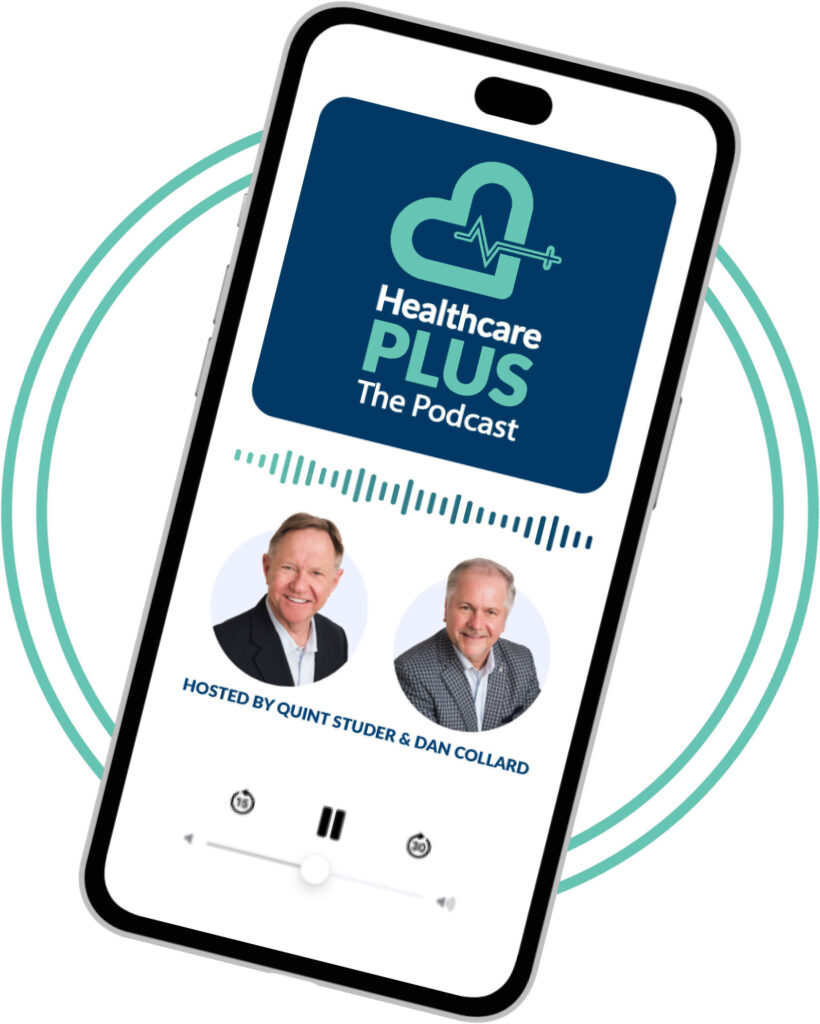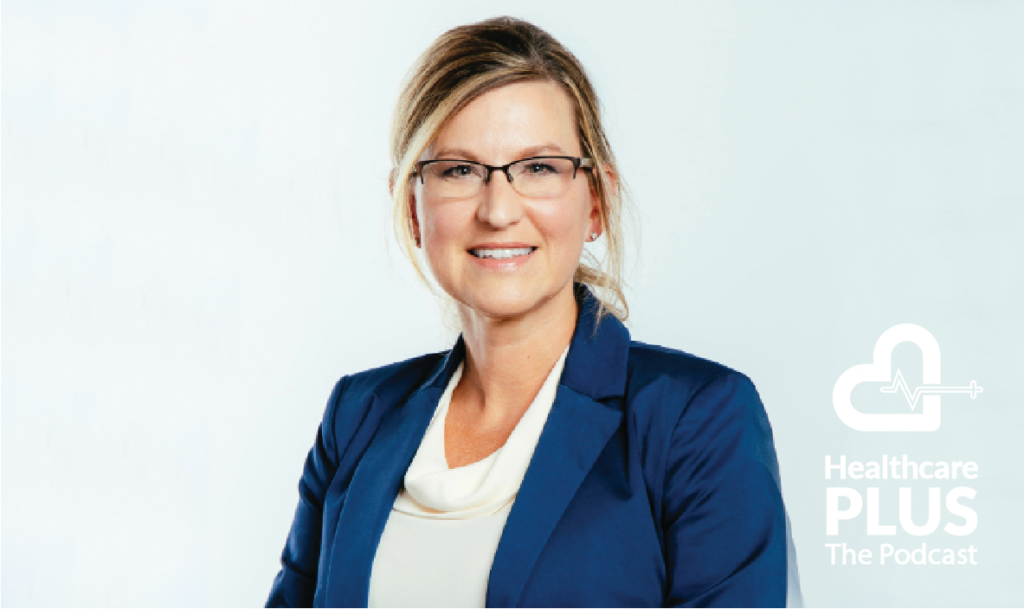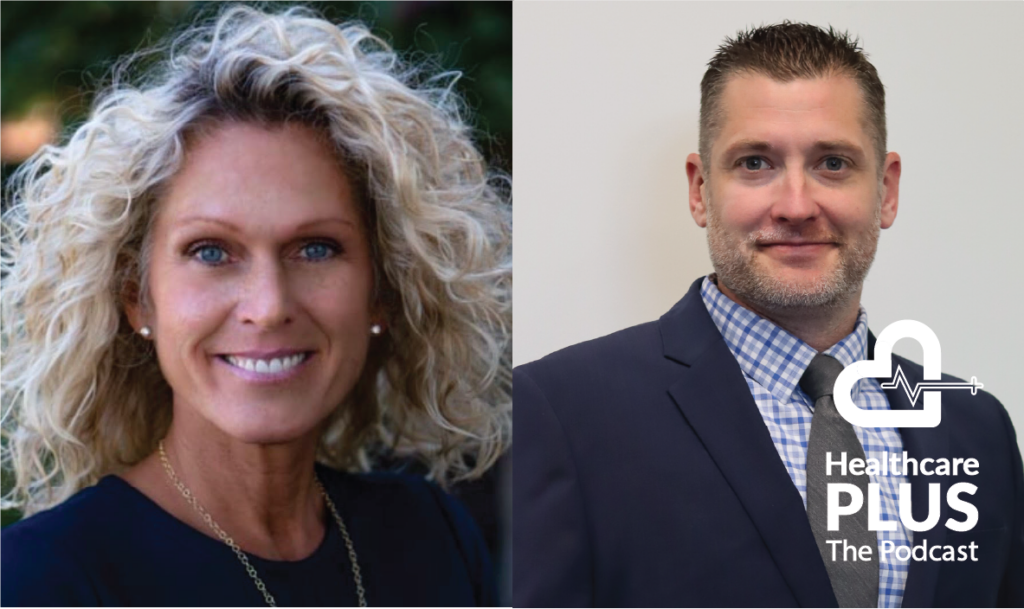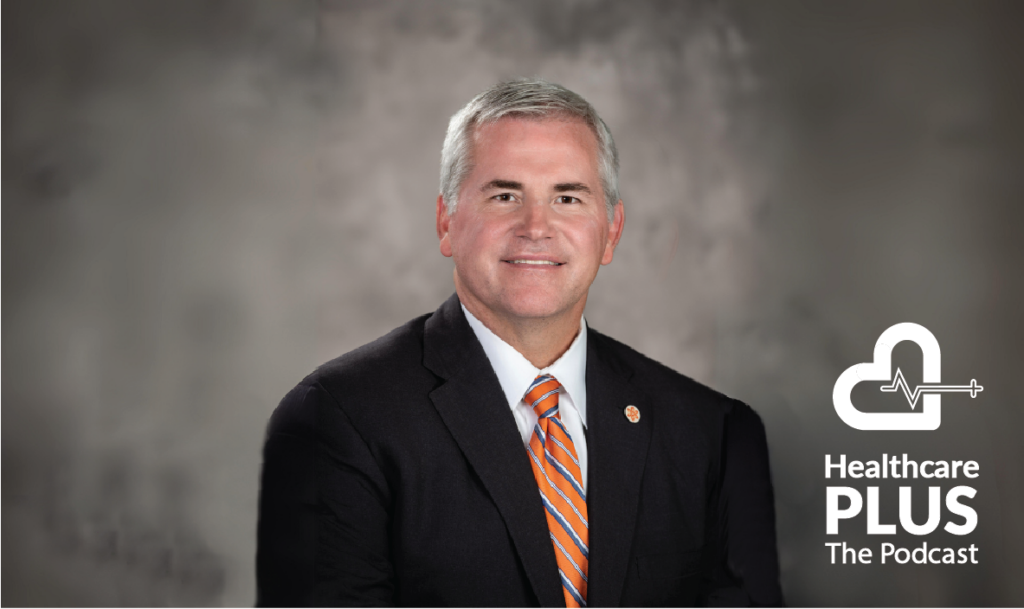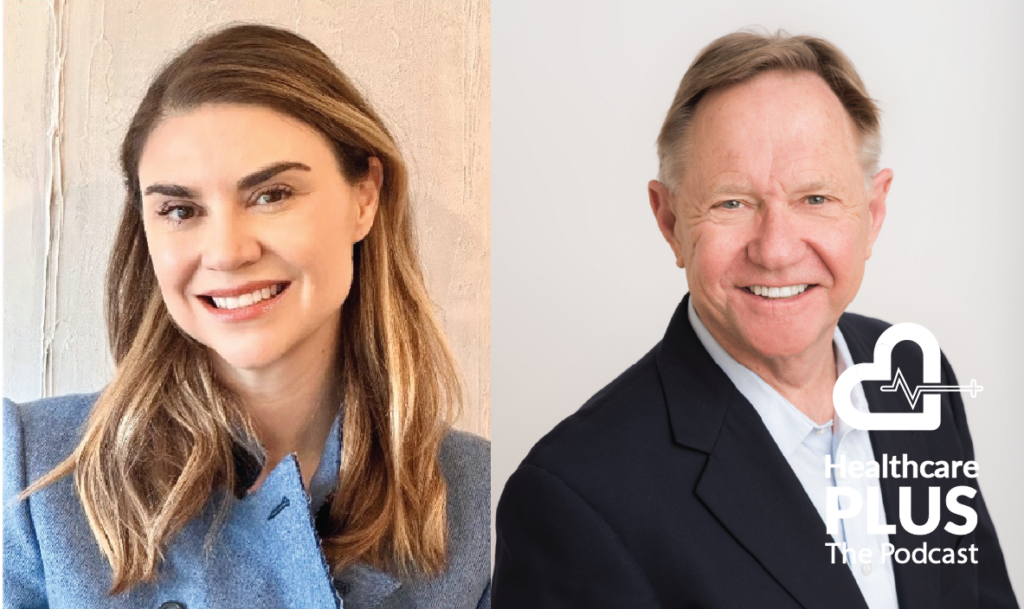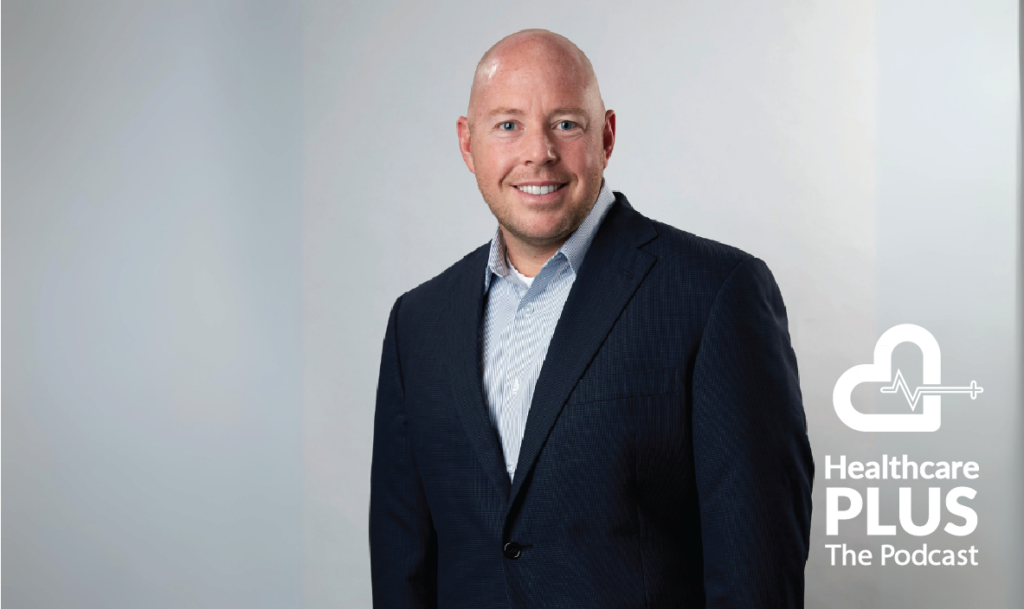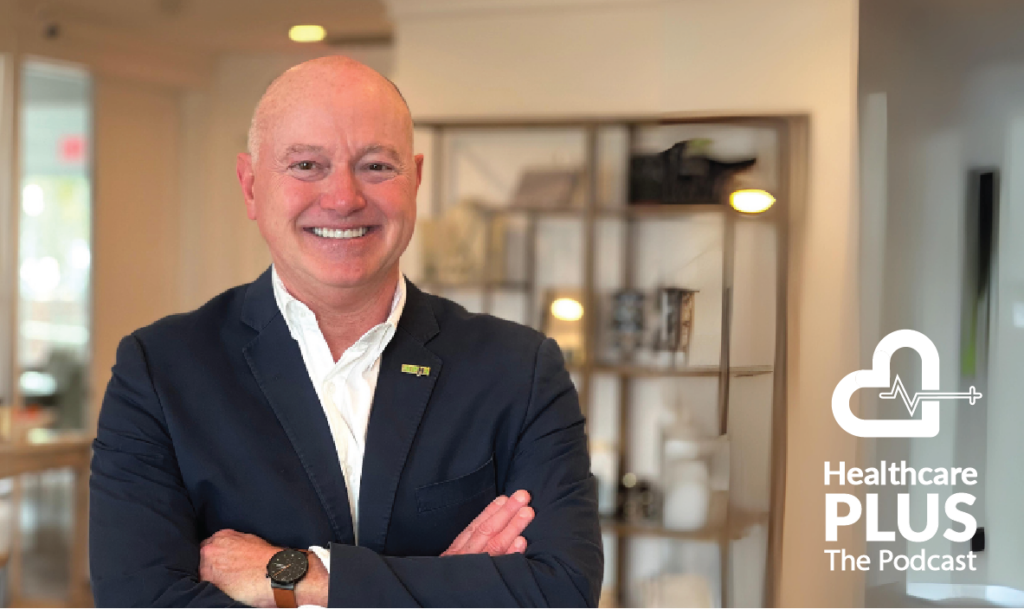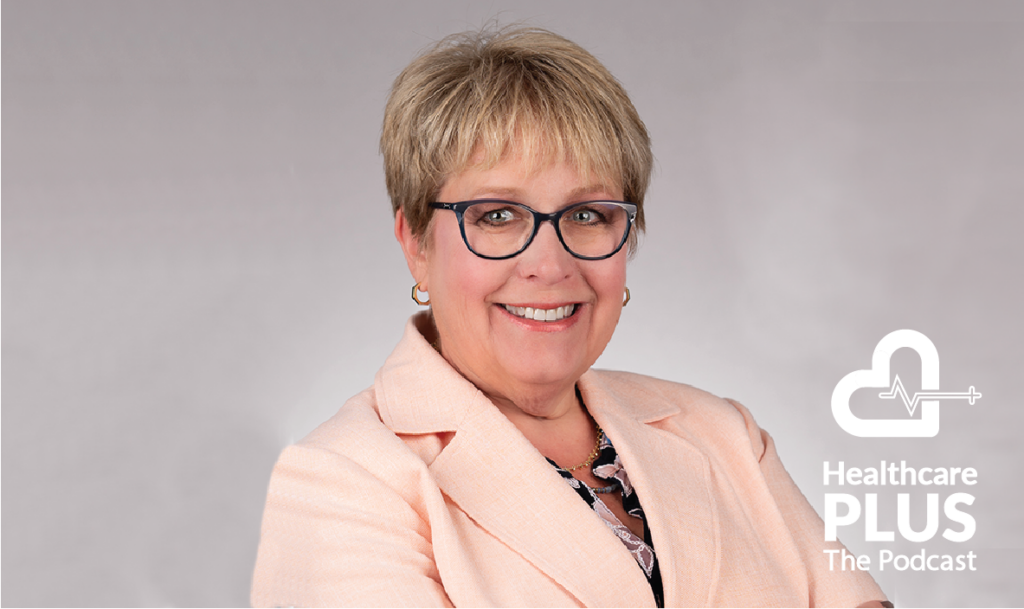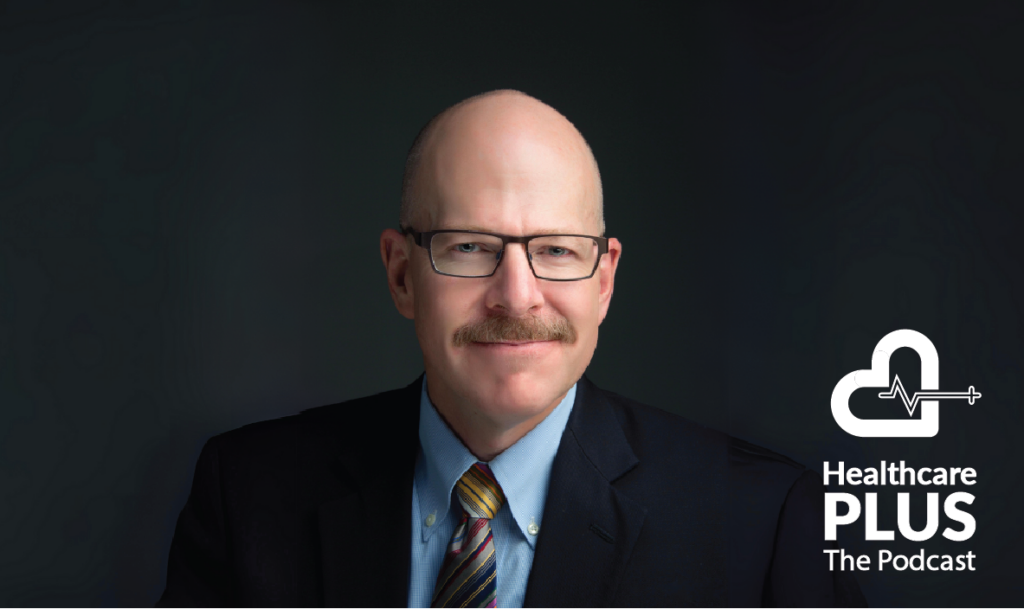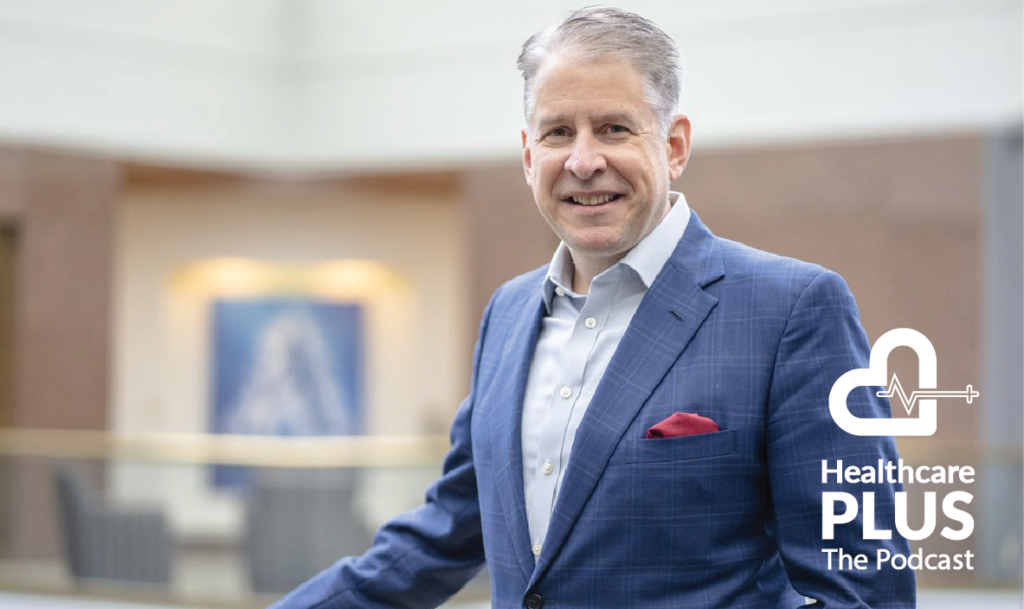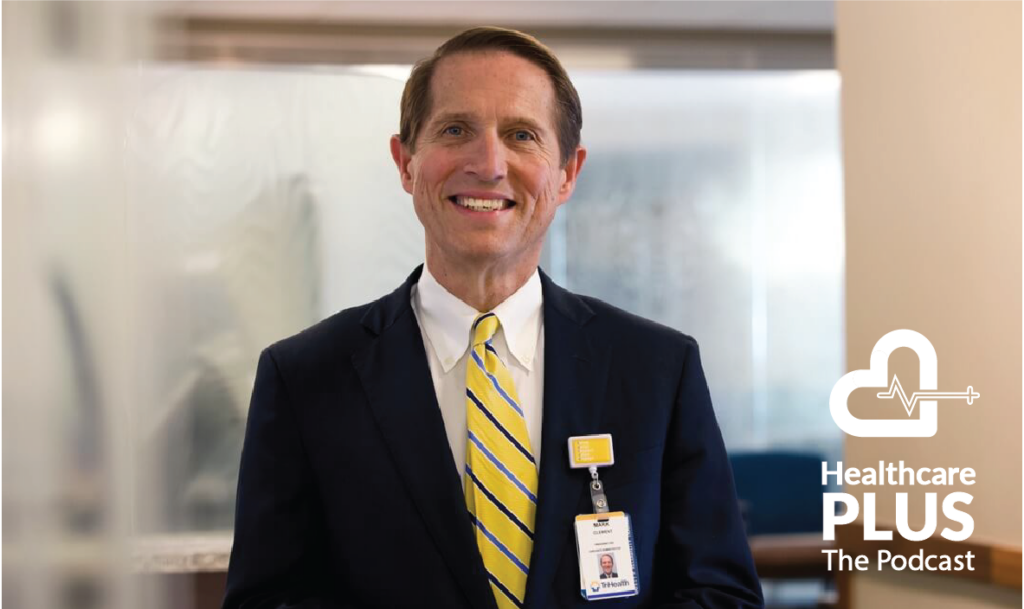Each week, the Healthcare Plus Podcast will bring together leaders from across the healthcare industry to share the latest insights, offer solutions to some of healthcare’s greatest challenges, and provide replenishment and well-being tools. Hosted by Quint Studer and Dan Collard, co-founders of Healthcare Plus Solutions Group, you’ll leave each episode with practical tools, techniques, and best-practices to reinforce the great work you’re already doing and address your organization’s unique pain points.
Previously known as The Busy Leader’s Podcast, this weekly series has evolved from a tool to learn from leaders as we navigated the pandemic to now focus in on the changemakers moving healthcare forward. To listen to the latest episode of The Healthcare Plus Podcast, subscribe to the show, or find past episodes of The Busy Leader’s Podcast, click below.

